Deal between Palestinian groups brokered by China signifies unified front: Analyst
By Alireza Kamandi
The national unity agreement between Palestinian groups brokered by China signifies a unified political front, which could strengthen the Palestinian cause and bolster their position in negotiations and international forums, says an analyst.
In an interview with the Press TV website, Andy Mok, a professor at Beijing Foreign Studies University and a senior research fellow at the Center for China and Globalization, said the agreement represents a pivotal step toward overcoming long-standing divisions that have weakened the Palestinian cause.
Palestinian factions agreed to a “national unity” agreement aimed at maintaining Palestinian control over the besieged Gaza Strip once Israel’s war on the territory concludes.
More than a dozen Palestinian factions, including Hamas, Islamic Jihad and Fatah, held a reconciliation meeting in Beijing earlier this week hosted by the Chinese foreign ministry.
“We affirm the right of the Palestinian people to resist occupation and end it in accordance with international laws, the UN Charter, and the right of peoples to self-determination,” the agreement read.
The participants resolved “to form a temporary national unity government with the consensus of Palestinian factions and by a decision of the president based on the Palestinian Basic Law.”
Mok said China's hosting of Hamas and Fatah in Beijing signifies a strategic maneuver to position itself as a leading mediator in West Asian politics, adding that the move not only challenges the traditional dominance of Western powers but also enhances China's diplomatic stature.
“By facilitating these talks, China demonstrates its capability to mediate complex conflicts and assert its influence on the global stage, furthering its geopolitical ambitions,” he told the Press TV website.
The summit culminated in the "Beijing Declaration," where Chinese Foreign Minister Wang Yi emphasized reconciliation and unity of 14 Palestinian factions.
He said historically, opponents of Palestinian statehood have exploited these divisions through a divide-and-conquer strategy, undermining efforts for unity and international recognition of Palestine.
“A united Hamas and Fatah, under the framework of the Beijing Declaration, present a stronger case for Palestinian statehood, countering the arguments of opponents who have used their internal divisions as a justification against recognition,” noted Mok.
“This reconciliation can enhance Palestine's legitimacy and support its bid for greater international recognition, including potential full membership in the United Nations.”
A united Palestinian leadership could more effectively lobby for global support and increase the number of states recognizing Palestine as an independent nation, the analyst noted.
Mok further stated that the Beijing Declaration sends a clear message to Israel that Palestinian factions are resolving their internal differences, which challenges the regime’s divide-and-conquer strategy.
He hastened to add a unified Palestinian front to increase pressure on Israel to engage in meaningful negotiations and reconsider its policies towards the occupied Palestinian territories.
World has ‘embarrassingly failed to stop Israel amid incessant US support’: FM
Iran-Egypt ties poised for revival as first Iranian president visits Cairo in 11 years
Iran’s cenbank says inflation down to lowest in 4 years
Iran rejects Canada-sponsored UNGA resolution as baseless, political
US disregards Spain’s arms embargo on shipments destined for Israel
Palestinian detainees on hunger strike to protest Israeli repression
US sanctions 3 individuals, 4 entities over links to Iranian military
VIDEO | Press TV's news headlines



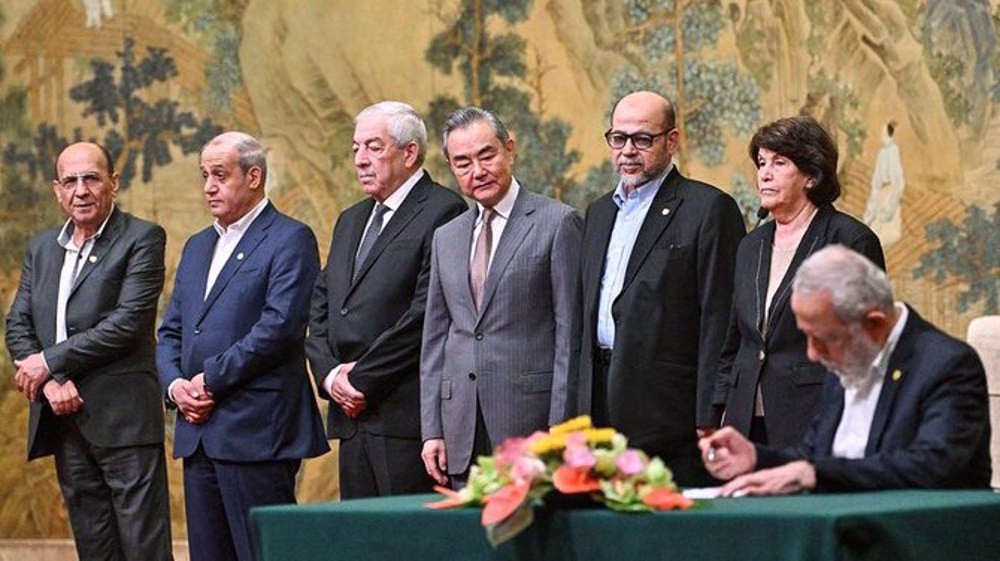

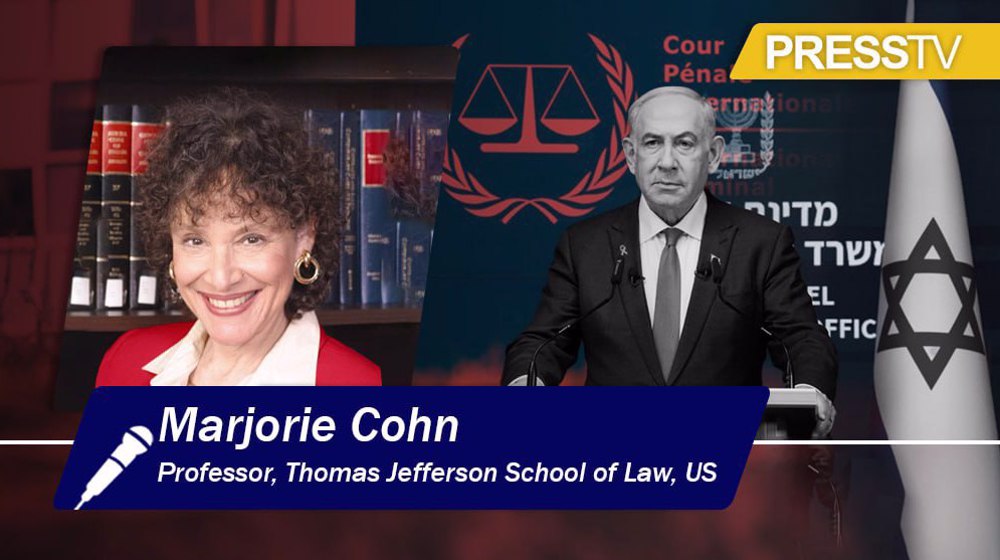
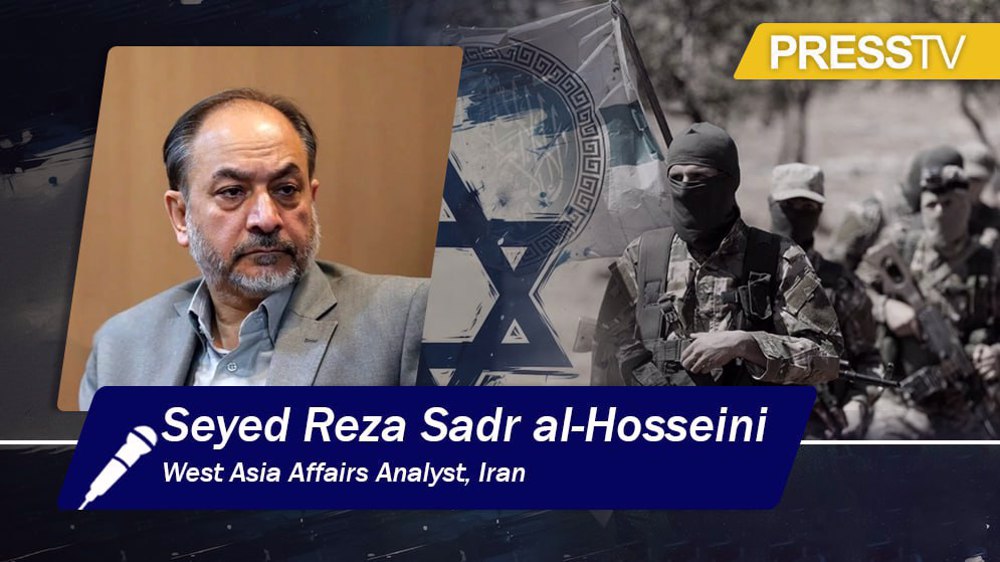



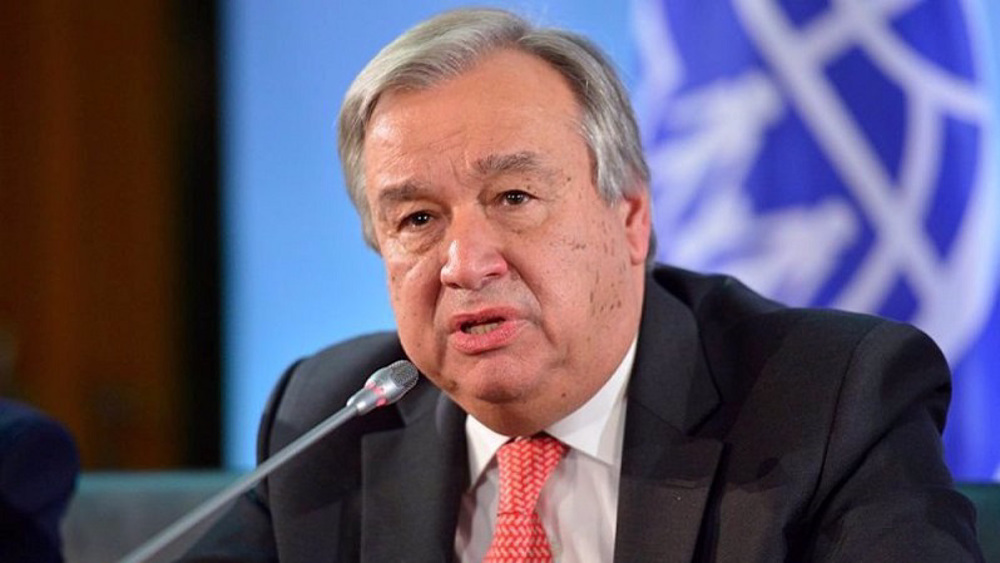
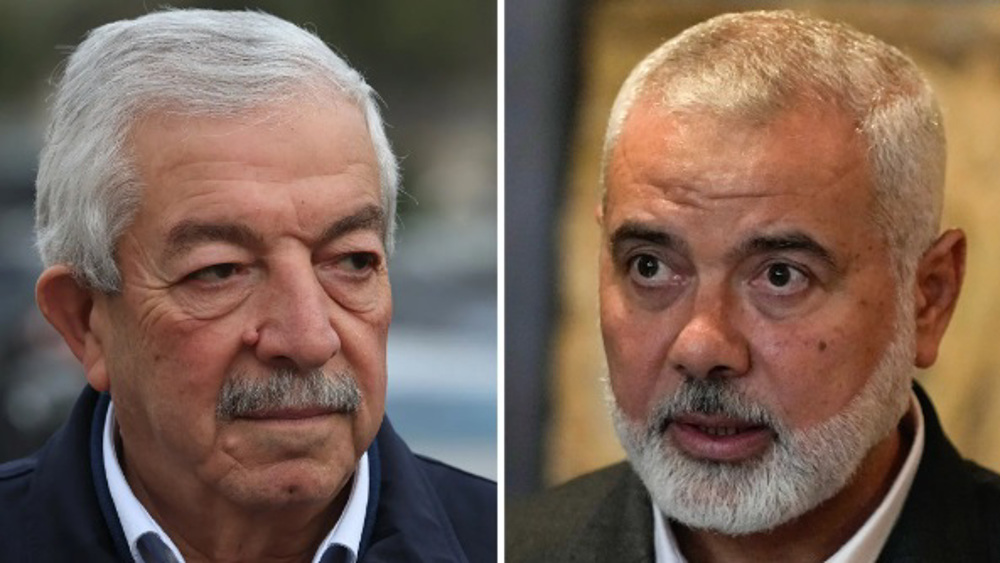
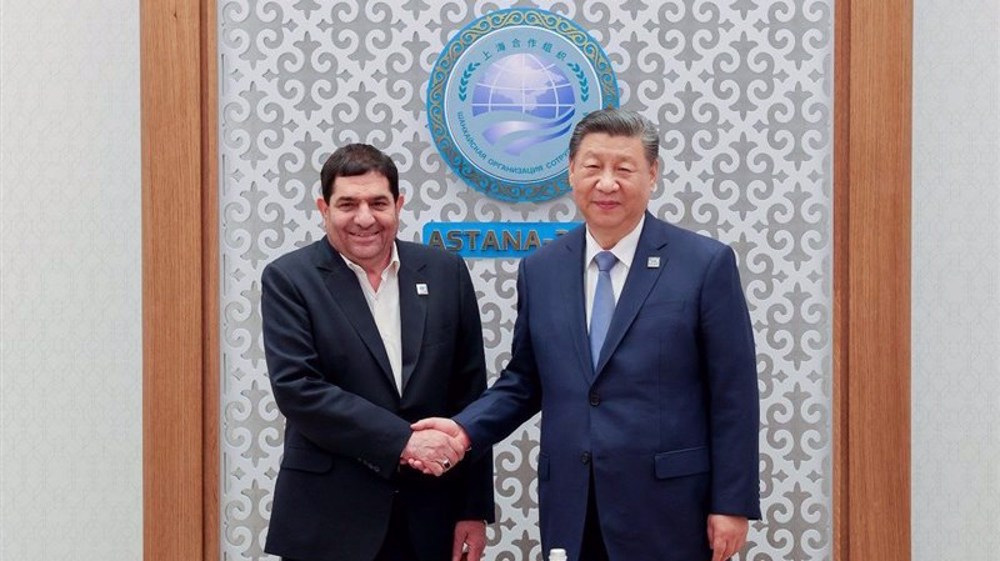
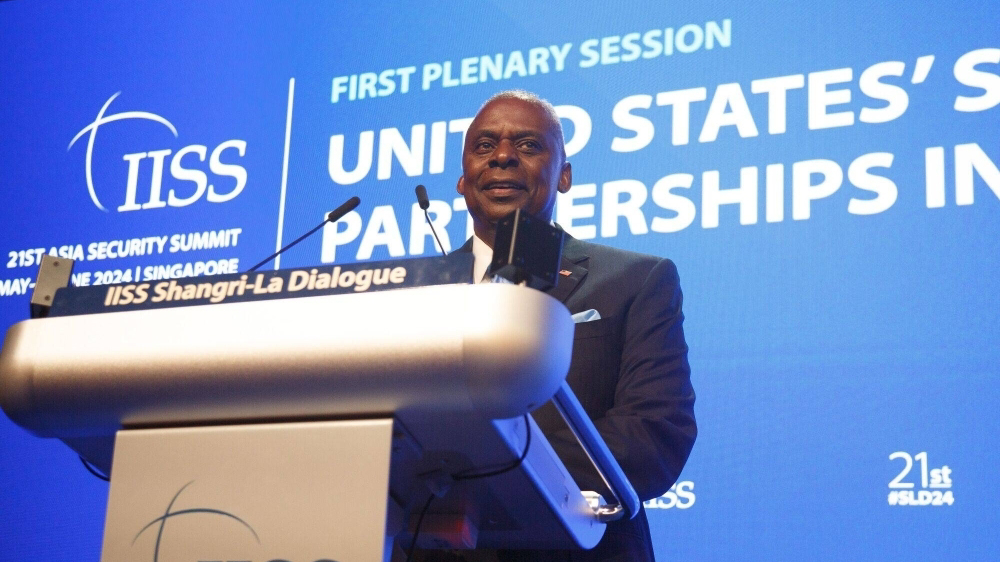

 This makes it easy to access the Press TV website
This makes it easy to access the Press TV website